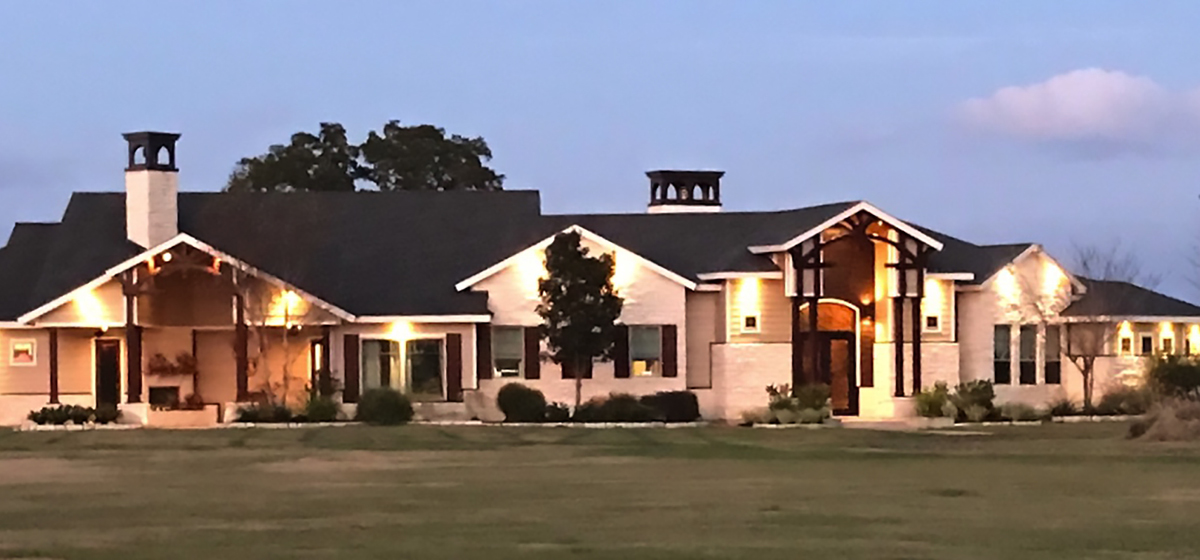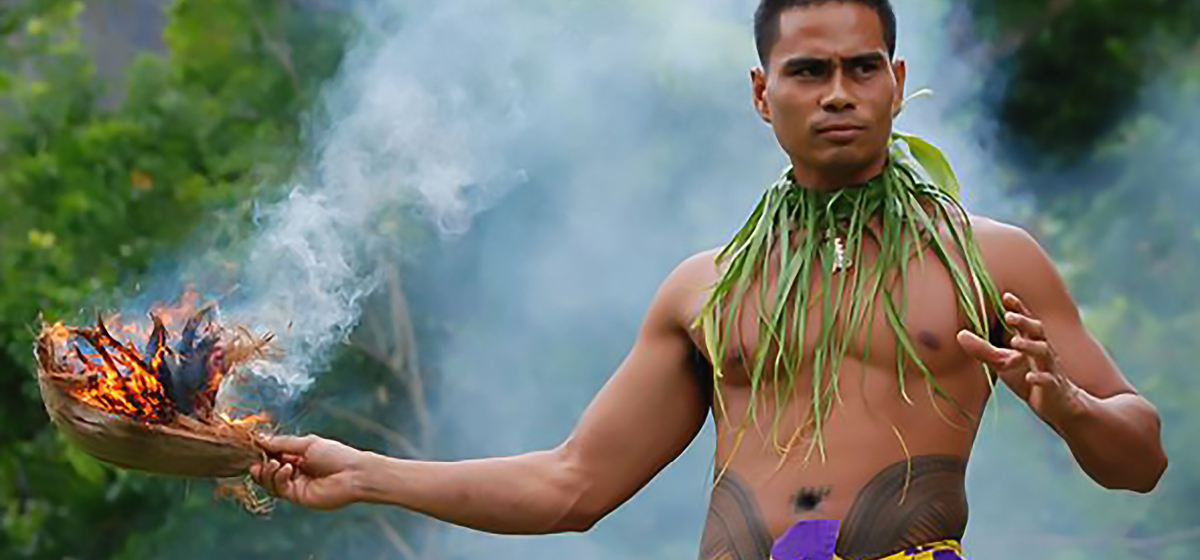Photos by Kelly Sue Photography
 Herbert “Kix” Lamp has spent all but a few of his 93 years in the Conroe area. The seventh of nine children, he was born in 1924 at “Lamp’s Camp”—a logging camp named after his father (the foreman) in what is now the Sam Houston National Forest. In 1943, he and 61 classmates graduated from Conroe High School. Kix was the class president. After serving in the Army Air Corps for three years during World War II, he married Bobbie Jo Ralston, who was also from Conroe. The couple bought a home on North San Jacinto Street, where they hosted their wedding reception in 1953. “There was nothing north of us but woods,” Bobbie says. Sixty-four years later, they still live in the same house.
Herbert “Kix” Lamp has spent all but a few of his 93 years in the Conroe area. The seventh of nine children, he was born in 1924 at “Lamp’s Camp”—a logging camp named after his father (the foreman) in what is now the Sam Houston National Forest. In 1943, he and 61 classmates graduated from Conroe High School. Kix was the class president. After serving in the Army Air Corps for three years during World War II, he married Bobbie Jo Ralston, who was also from Conroe. The couple bought a home on North San Jacinto Street, where they hosted their wedding reception in 1953. “There was nothing north of us but woods,” Bobbie says. Sixty-four years later, they still live in the same house.
One of Kix’s greatest lifetime accomplishments was the 33 years he spent educating Conroe’s schoolchildren. He taught for 22 years and was the principal of Anderson Elementary School for 11 years before retiring in 1989. Kix was a lieutenant governor in the Conroe Friendly City Kiwanis Club and has been an elder at Conroe Church of Christ for 43 years. He is now an elder emeritus. “That means you can come to the meetings, but you can’t vote,” he says.
Lamp recently gave the Postcards team a rare peek into yesteryear, during World War II and through the years when Conroe was a small town.
My big year was 1936. They built the courthouse that year. Big things were going on. That was the Texas Centennial. I became a Boy Scout—Troop 143. It is still in existence. You had to be 12 years old to be a boy scout. When somebody got lost, they called the scouts out.
 I was in the Liberty Theater after church that afternoon. Somebody came and said Pearl Harbor was bombed. My brother was at Pearl Harbor, so we all went outside to talk about it and see what was going on. I was concerned about that. My brother was in the town, and they didn’t bomb in town. But boy, did he catch it in other places. The Lord saved him from so many things.
I was in the Liberty Theater after church that afternoon. Somebody came and said Pearl Harbor was bombed. My brother was at Pearl Harbor, so we all went outside to talk about it and see what was going on. I was concerned about that. My brother was in the town, and they didn’t bomb in town. But boy, did he catch it in other places. The Lord saved him from so many things.
As soon as they announced war, we all started getting drafted. Instead of getting drafted, several of us went down to Houston and took a test and volunteered so we could get in the air corps. I had never even seen a plane. We were lucky to have Mr. Conroe. He was in WWI. He came to the high school and taught boys how to march, do calisthenics, and carry a rifle. He even made wooden rifles for us to practice with. That helped us out later on. In fact, I was made one of the leaders because I knew all that.
The first place I went was Wichita Falls. It was hot and dry. We would be marching out in the middle of the desert. They would have water, but we would stop for a drink, and they would push us off. They were trying to dry us up to show us that we didn’t need as much water.
It was a long time before we even saw an airplane. It took three years to go through everything. This is something that other pilots didn’t do. Right away, we took college classes at Oklahoma Baptist University. After that, we went to Kelly Field in San Antonio. We took all sorts of tests, and I was about to give up. I was afraid it was too much for me. If men didn’t pass, they came out with their heads down. When I went up there, they told me I qualified for pilot, navigator, all of them, but they said, “We suggest you be a pilot.” We were hoping to go somewhere else after that, but we went right across the street to the San Antonio Aviation Cadet Center for more bookwork. Then we were flying at last. We went to Fort Worth to fly the PT-19, and I soloed there. Then we went to Greenville, Texas to fly the BT-13, and to Eagle Pass to fly the AT-6. We went to Victoria and flew the P-40. While we were there, we went to Matagorda Island for ground gunnery. We got our wings at Victoria.
 We went up to Lincoln, Nebraska, and it was the coldest place I ever saw. Then we went to Abilene to finish our training, and I started flying the P-47. Then, at La Junta, Colorado, we were just holding. They would give us something else to do. Then they (whoever “they” were) called us up. The P-47s were going to go and replace the P-51s to escort B-17 bombers to Germany. The P-51s couldn’t go all the way to Berlin. We could do the same thing, but we could carry more fuel. We waited and waited at La Junta. Thirty days later, they called us back and said, “OK, y’all get ready for Japan. This war is over here.” So, you know they dropped a big bomb on Japan, and that was over. I spent three years getting ready, but they weren’t ready for us.
We went up to Lincoln, Nebraska, and it was the coldest place I ever saw. Then we went to Abilene to finish our training, and I started flying the P-47. Then, at La Junta, Colorado, we were just holding. They would give us something else to do. Then they (whoever “they” were) called us up. The P-47s were going to go and replace the P-51s to escort B-17 bombers to Germany. The P-51s couldn’t go all the way to Berlin. We could do the same thing, but we could carry more fuel. We waited and waited at La Junta. Thirty days later, they called us back and said, “OK, y’all get ready for Japan. This war is over here.” So, you know they dropped a big bomb on Japan, and that was over. I spent three years getting ready, but they weren’t ready for us.
Back then, we only had radios. The people who were entertaining the army were putting on a show, and they wanted to know if there was anybody in our group who could do something. A bunch of us got together. We would sing and play, four of us. We said we would give it a try. They announced us as the official air corps quartet. There had never been one before, so we were the official one. We became famous overnight!
Yes, and about 10,000 others did, too. The next semester, I went right into school at Sam Houston. That was one blessing Papa got to see. He thought I was the dumbest one. I graduated in 1950 with a master’s degree in general education. I was the only one in the family who went to college. After I got out of Sam Houston, I worked for four or five years at Cook’s Frigidaire. The big thing then was television, and we put up antennas and stuff.
I started teaching in 1956. There were so many who wanted to be teachers. Mr. Wilkerson was superintendent at that time, and he hired the teachers. He said, “Well, Lamp, I’ve got this little freshman speech class.” I told him I’d never taken speech, and he said, “You’ve got the book, haven’t you?” I had two years of that and loved it. I finally got to eighth grade math and stayed the rest of the time there until I got to be principal. Junior high was probably nothing like now; it was quiet, and kids were well-disciplined.
They have to love kids, love their job, and be in charge.
Her mother came up to Cook’s Frigidaire to buy a deep freeze, but she didn’t buy one. I was working on commission at that time, so I went to see her to see if she was interested in something. I ended up at her house, and she told me she remembered when I was a baby. Then Bobbie got off the school bus. We got married when she got out of high school.
 I know God will direct me in the right way. I have seen times that I don’t know how the Lord got me through it all. I crashed a plane one time. We were out over the Gulf. I was getting ready to go back in, and my propeller went out. I mean, it just stopped. There I was, without any way to get back. Fortunately, I was high enough that I could go back to the landing field. I called the tower and told them what the situation was. They said, “Jump out or do whatever you want to do; it’s up to you.” I flew back, and I came in. One thing I didn’t realize—I didn’t even think about it. I overshot, because I didn’t have the propeller to slow me down. I went past the end of the runway, and there was a big old drainage ditch going through there. I hit one side of the ditch, flipped all the way over, and landed upside down. I was small enough that I actually didn’t hit the ground. I undid my harness and crawled under the side. I was dusting myself off when they came over to get me. I heard one of them say, “I bet he says his prayers tonight.” The other one said, “I bet he said them last night.”
I know God will direct me in the right way. I have seen times that I don’t know how the Lord got me through it all. I crashed a plane one time. We were out over the Gulf. I was getting ready to go back in, and my propeller went out. I mean, it just stopped. There I was, without any way to get back. Fortunately, I was high enough that I could go back to the landing field. I called the tower and told them what the situation was. They said, “Jump out or do whatever you want to do; it’s up to you.” I flew back, and I came in. One thing I didn’t realize—I didn’t even think about it. I overshot, because I didn’t have the propeller to slow me down. I went past the end of the runway, and there was a big old drainage ditch going through there. I hit one side of the ditch, flipped all the way over, and landed upside down. I was small enough that I actually didn’t hit the ground. I undid my harness and crawled under the side. I was dusting myself off when they came over to get me. I heard one of them say, “I bet he says his prayers tonight.” The other one said, “I bet he said them last night.”
One time, I was taking a blind cockpit test, and it was raining bad. The people at the field said we couldn’t land there, but we were running out of gas. The guy who was testing me said, “If you can get us down, you will pass this test.” I have never seen anything like it, before or after. Lightning was going up and down the wings on my plane, spinning around the propeller. You couldn’t even see the field, but there was a landing system on that plane, and I hit it right on the money.
I’m trying to stay up with Bobbie. I try to walk every morning. I call it a “Lamp’s mile.” It’s really 8/10ths of a mile, but if you count all the potholes, it’s a mile.



